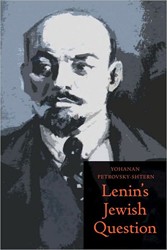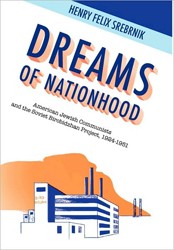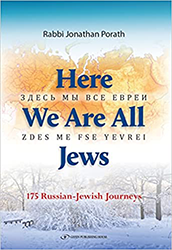By
– November 30, 2011
As Rubenstein’s subtitle, “A Revolutionary’s Life,” hints, this is not so much a study of Trotsky-the-man, as a study of Trotsky’s struggles to bring about a proletarian revolution in Russia. While some material is included on his boyhood, education, wives, and lovers, the real focus is on the factional maneuverings leading up to the Russian Revolution, the evolving relationship between Lenin and Trotsky, and, finally, Stalin’s campaign to eradicate Trotsky. To deal with a polarizing figure like Trotsky is no easy task; the fact that so many contemporaries initially accepted Stalin’s version of events and condemned Trotsky, only makes Rubenstein’s job more difficult. Viewing Trotsky’s story through a Jewish lens adds further complications; while Trotsky never hid his Jewish roots, he struggled against what he considered Jewish ‘parochialism.’ Yes, Russian Jews faced very particular problems – widespread peasant anti-Semitism and murderous pogroms – but these were not problems that Trotsky felt he had any special obligation to tackle; he identified himself as a Marxist internationalist, not as a Jew. In Rubenstein’s preface, he groups Trotsky with history’s ‘tragic heroes,’ the ones who dream of justice and then ‘wreak havoc.’ The ambivalence of that description is underscored in page after page of this intelligent but uneasy biography. Index, notes on sources.
Bettina Berch, author of the recent biography, From Hester Street to Hollywood: The Life and Work of Anzia Yezierska, teaches part-time at the Borough of Manhattan Community College.





